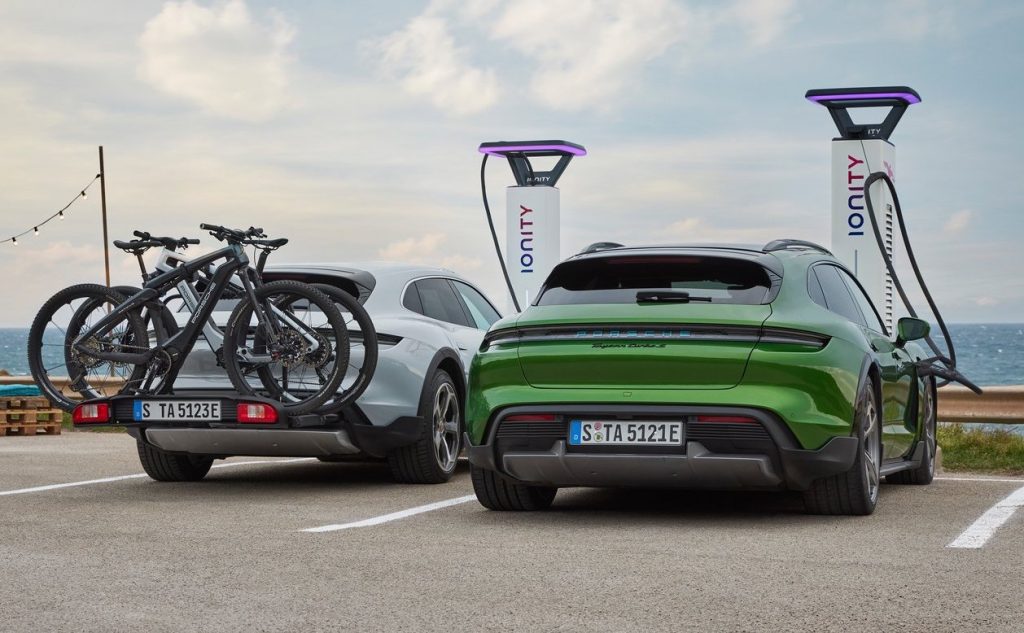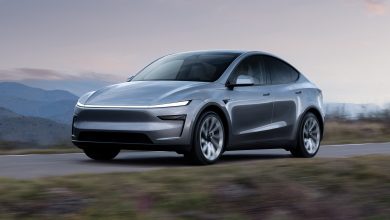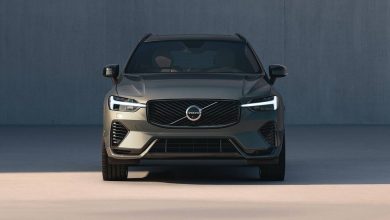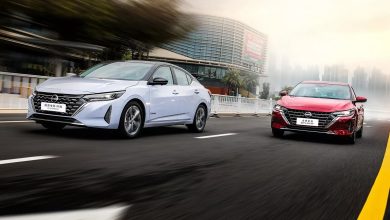Porsche Is Soon To Test Its Synthetic eFuel On Track

This new eFuel will soon see actual on-track action in Porsche’s Mobil 1 Supercup come 2022.
With more and more motorsports transitioning towards electric these days, the question regarding what will happen to these current petrol-powered races in the electrified future is now being asked more and more often.
Will the likes of Formula 1, WRC, WEC, and the countless other championships that still rely on cars running petrol-powered cars still have a future the way they are now? Well perhaps yes, if Porsche has anything to say about it that is.
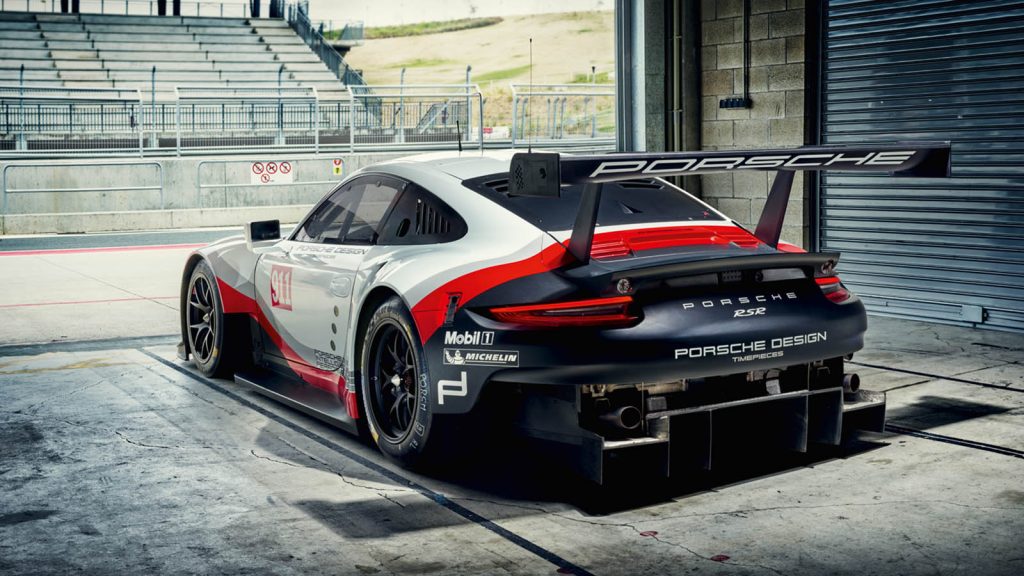
That is because the Stuggart sports car manufacturer has recently announced plans that it will soon be testing its synthetically-produced eFuel on track. More radically too, the German automaker aims to use its eFuel under actual racing conditions in the Porsche Mobil 1 Supercup starting in the 2022 season.

Now to those unfamiliar with Porsche’s eFuel ambitions, the automaker that incidentally manufactures the all-electric Taycan has also been investing heavily in the production of synthetic fuel made from hydrogen and captured carbon dioxide as the future power source for its cars. Working together with big name partners Siemens and ExxonMobil, the automaker has already laid the groundwork in its Haru Oni plant in Chile that aims to manufacture at least 550 million litres of eFuels by 2026 through eco-friendly and sustainable production methods.
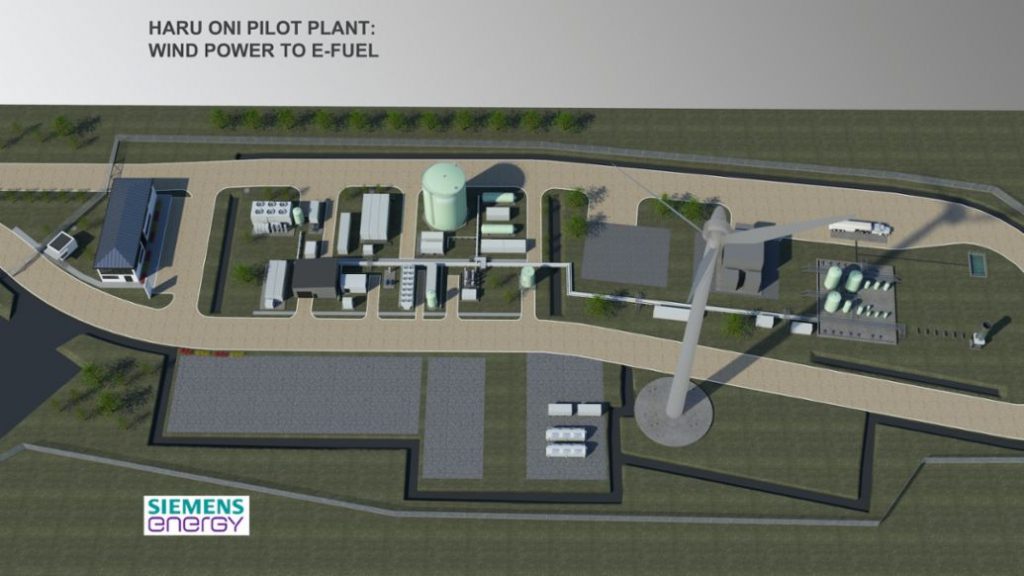
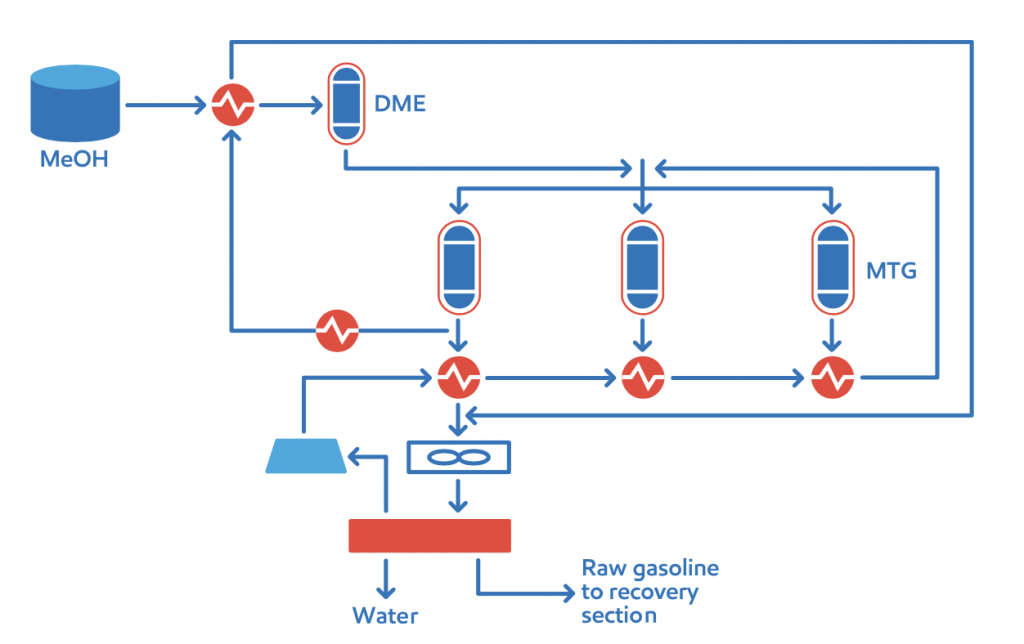
Speaking of ExxonMobil, it is perhaps worth coming completely clean right now that the Esso Renewable Racing Fuel that Porsche is currently testing on its 911 GT3 Cup is not the actually the fully-synthetic eFuel yet. What is currently being tested instead is ‘a blend of primarily advanced biofuels’, with only some eFuel components being introduced during the second phase of the racing trials that is set to begin some time ‘as early as 2022’.
Having said that though, the aim for racing solely on eFuel by 2022 is still the primary objective for Porsche. The automaker has also hinted at a possible F1 entry too if synthetic fuels are up for discussion in the pinnacle of motorsport.
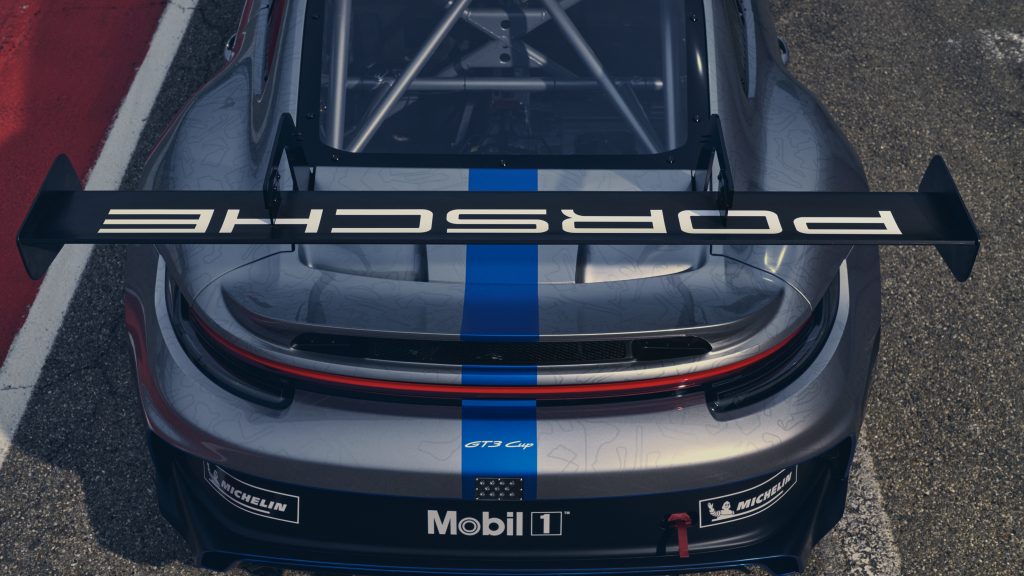
While the German automaker is still aiming for at least 80% of its lineup will be electric by 2030 and is committing to be a carbon neutral company by 2030, Porsche still nevertheless believes that there will be a strong demand for synthetic fuels. Not just from the motorsports sector, but also passionate petrolheads who wish to continue to run their petrol-powered cars in the increasingly electrified future too.
According to Porsche, its proprietary eFuel is anticipated to ‘achieve a reduction in greenhouse gas emissions of up to 85 per cent, when blended to current market fuel standards for today’s passenger vehicles.’ “eFuels are a good complement to our powertrain strategy. They allow our customers to drive cars with conventional combustion engines as well as plug-in hybrids with significantly lower greenhouse gas emissions,” says Michael Steiner, Member of the Executive Board, Research and Development of Porsche.
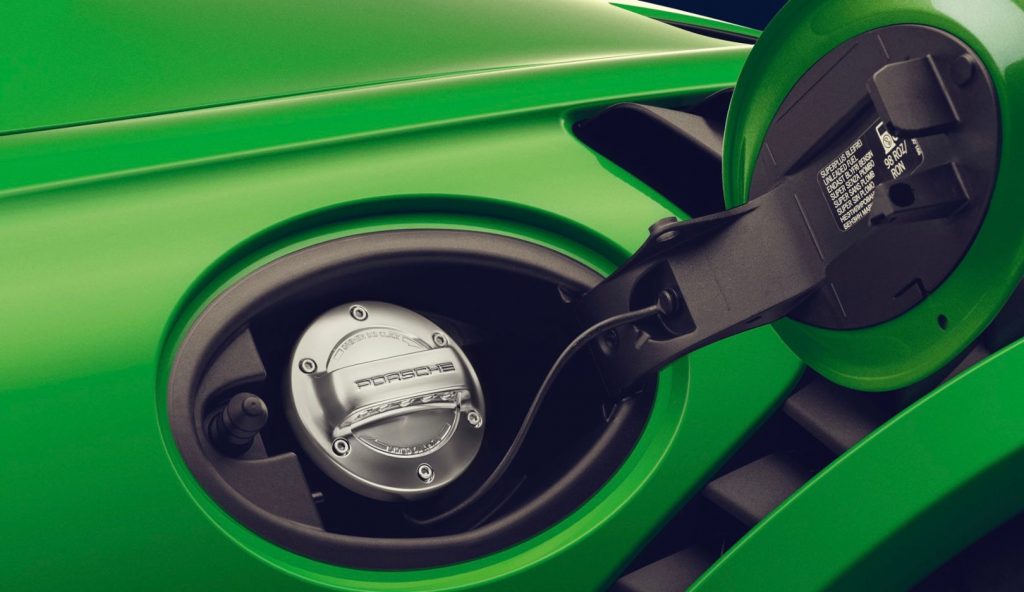
In short therefore, don’t just bet on petrol-powered cars dying out just yet in the EV future. The sound of the piston-engine may still be a sound to be heard for a long time to come, though the other stuff that comes out of the tailpipe will probably be significantly cleaner than it currently is.
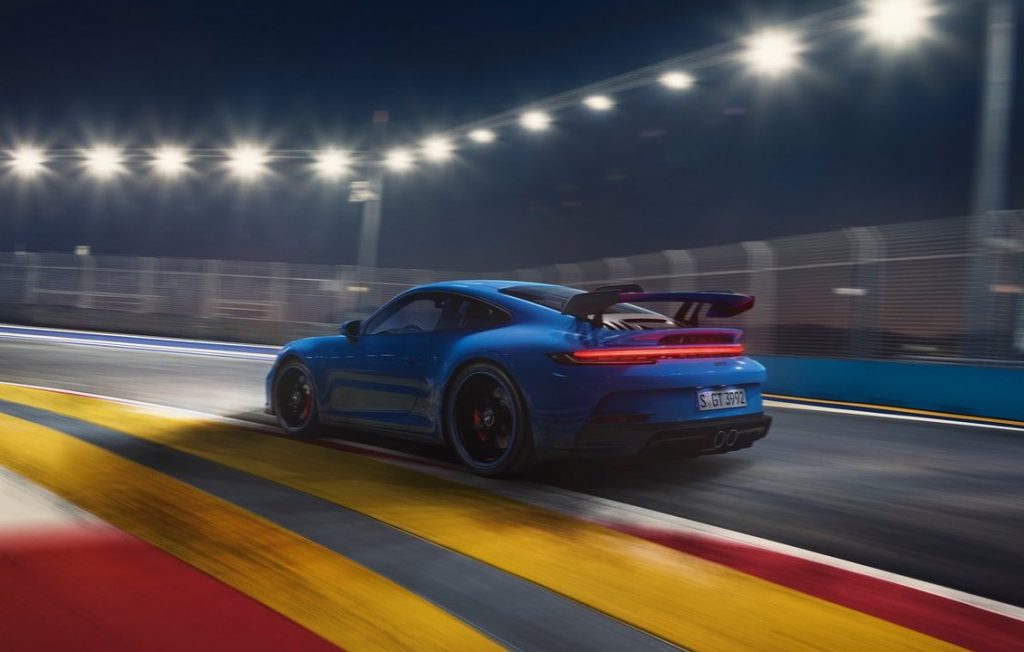
PRESS RELEASE: ExxonMobil and Porsche are testing advanced biofuels and renewable, lower-carbon eFuels as part of a new agreement to find pathways toward potential future consumer adoption.
The first iteration of Esso Renewable Racing Fuel is a blend of primarily advanced biofuels and is specially formulated by ExxonMobil’s in-house team of scientists and engineers. With analysis indicating the potential to significantly reduce greenhouse gas emissions with a liquid fuel, the Esso Renewable Racing Fuel will be tested in race conditions with Porsche’s high-performance motorsports engines during the 2021 and 2022 Porsche Mobil 1 Supercup race series.
Porsche and ExxonMobil’s collaboration will also focus on eFuels – synthetic fuels made from hydrogen and captured carbon dioxide. As early as 2022, the companies plan to test the second iteration of Esso Renewable Racing Fuel, which will contain eFuel components. The eFuel is anticipated to achieve a reduction in greenhouse gas emissions of up to 85 per cent, when blended to current market fuel standards for today’s passenger vehicles.
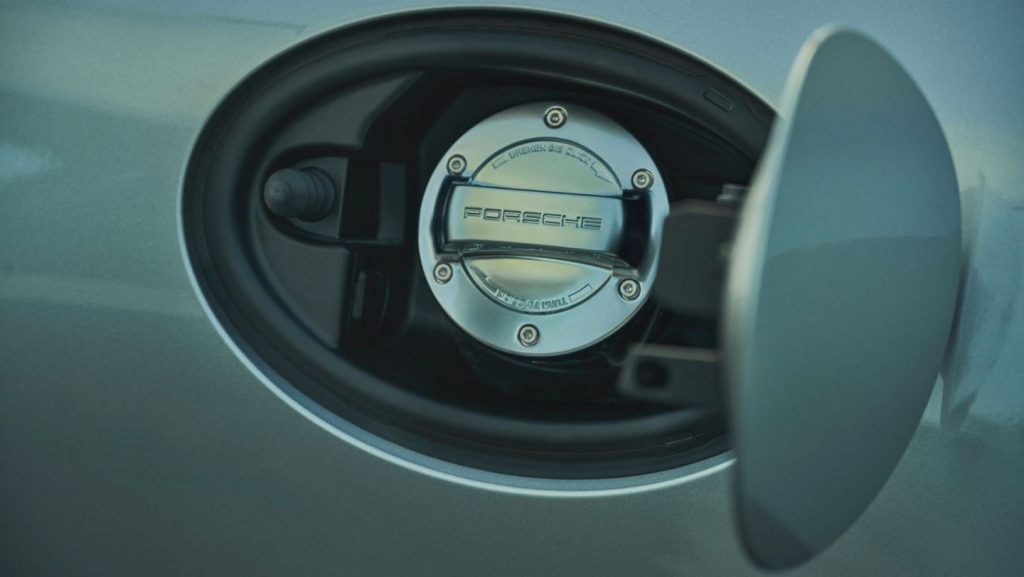
Testing eFuels under demanding conditions on the racing track
“The electrification of our vehicles is the highest priority for us,” says Michael Steiner, Member of the Executive Board, Research and Development of Porsche. “eFuels are a good complement to our powertrain strategy. They allow our customers to drive cars with conventional combustion engines as well as plug-in hybrids with significantly lower greenhouse gas emissions. The collaboration with ExxonMobil enables us to test the eFuels under demanding conditions on the race track. This is a further step towards making eFuels an affordable and lower greenhouse gas emission substitute to conventional fuels.”
The eFuel will be sourced from the Haru Oni pilot plant based in Chile that generates hydrogen, which is then combined with captured carbon dioxide drawn from the atmosphere to produce methanol. ExxonMobil is providing a license and support for the proprietary technology to convert the methanol to gasoline, which will result in a lower-carbon fuel. In the pilot phase, around 130,000 litres of eFuels will be produced in 2022. As the fuel’s primary user, Porsche will use the eFuels from Chile among others in the Porsche Mobil 1 Supercup starting in the season of 2022.
Continued collaboration on renewable and eFuels
“Over the past quarter century, we have worked together with Porsche to develop high-performance products that support Porsche’s vehicle performance on the racetrack and on the road,” says Andy Madden, Vice President of Strategy and Planning for ExxonMobil Fuels & Lubricants. “Our continued collaboration on renewable and eFuels is a critical step in assessing the technical capability and commercial viability of fuels that can significantly reduce emissions.”
The 911 GT3 Cup for the Porsche Mobil 1 Supercup
The first on-track testing of the Esso Renewable Racing Fuel is scheduled for March 30, 2021 in Zandvoort, Netherlands, and will continue throughout the 2021 and 2022 Porsche Mobil 1 Supercup race series. The collaboration with Porsche builds on ExxonMobil’s continuing efforts to develop and deploy lower-emission energy solutions, including high-efficiency fuels and lubricants, advanced plastics and other products that can enable cars and trucks to use less fuel. For example, the two companies have collaborated on a line of specially formulated lubricants for the electric vehicles market, Mobil EVTM range.
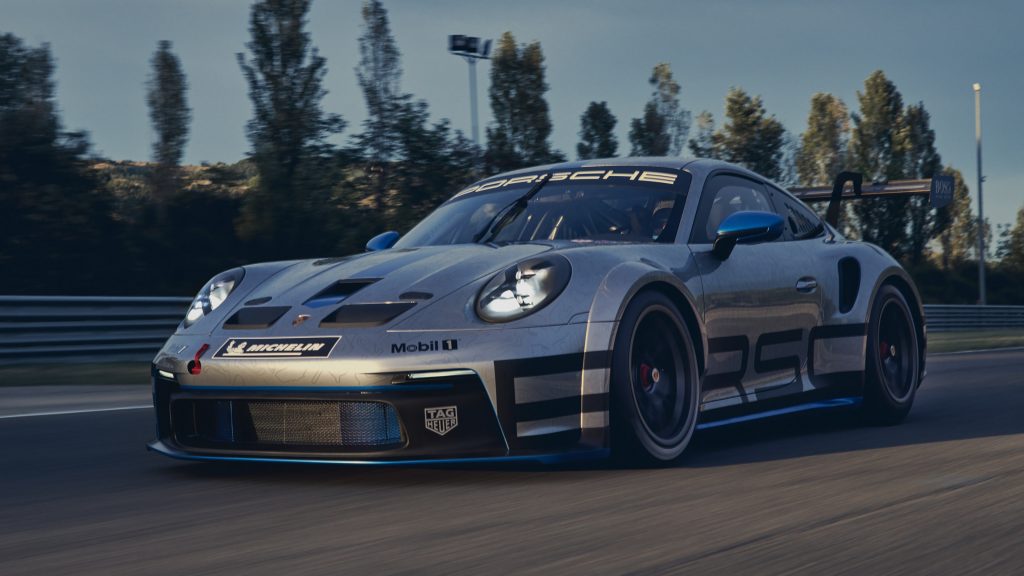
Creating ExxonMobil Low Carbon Solutions
In January, ExxonMobil announced the creation of a new business, ExxonMobil Low Carbon Solutions, to commercialise its extensive low-carbon technology portfolio and it plans to invest $3 billion on lower emission energy solutions through 2025. Last year, ExxonMobil announced plans to distribute renewable diesel within California and potentially other domestic and international markets as soon as 2022.
Over the past two decades, ExxonMobil has invested more than $10 billion to research, develop and deploy lower-emission energy solutions, resulting in highly efficient operations that have eliminated or avoided approximately 480 million tonnes of CO emissions – the equivalent of taking more than 100 million passenger vehicles off the road for a year.
Porsche is committed to invest 15 billion euros in electromobility and digitalisation by 2025. In 2030 the sports car manufacturer will offer more than 80 per cent of its vehicles with electric engines. The company seeks carbon neutrality in its products and operations in 2030, investing around 1 billion euros in sustainable mobility.
